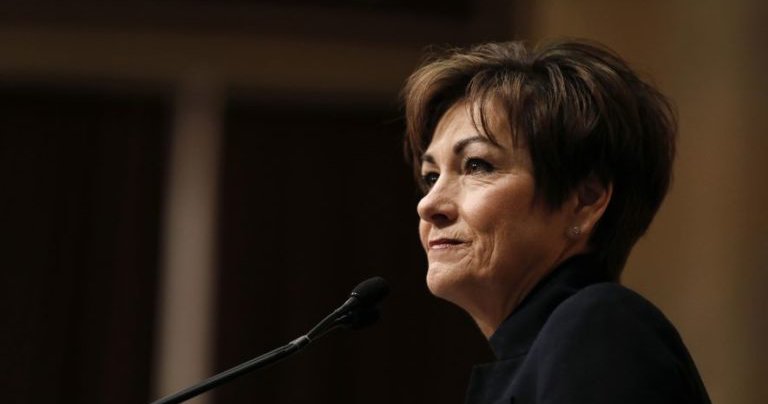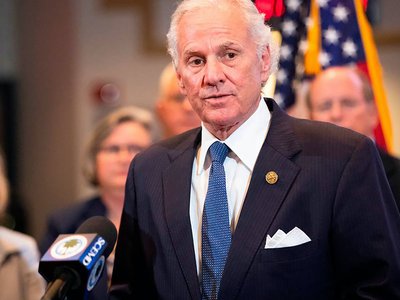This year, Iowa taxpayers will devote almost $3.7 billion to public education — more than a billion dollars above what they spent a decade ago. Public education now accounts for 56 percent of our state’s budget.
For most families it’s money well-spent. There are countless public schools across Iowa providing a quality education that meets the needs of the children and families they serve.
But for any number of reasons, some families feel their children would thrive in a different environment. Today, the ability to act on that judgment — access to options — belongs almost exclusively to those with the means to pay. I don’t think that’s right. More families deserve a choice.
Earlier this year, I introduced a comprehensive bill to move Iowa in that direction. It empowers low and middle-income parents to find the educational setting that best fits the needs of their children and incentivizes all schools to perform at their very best.
Eligible students who withdraw from public school to pursue other educational options can receive a “Students First Scholarship” to help cover the cost of private school tuition or other qualifying expenses. The scholarship comes from a portion of “per pupil” funding, which is the state’s annual investment to educate each individual student in Iowa’s public schools.
Seventy percent of the funding, or slightly more than $5,300, would be deposited into an education savings account for the family to spend on private tuition, home schooling curricula, or other qualifying educational costs.
Students currently enrolled in any one of the state’s nearly 1400 public schools, as well as incoming kindergartners are eligible if their household income is under 400% of the federal poverty level, which equates to a maximum annual income of $106,000 for a family of four, or if they have an IEP (individualized education plan).
In the first year, the number of scholarships is capped at 10,000 and divided equally among students who qualify based on income and those with IEPs.
This bill is thoughtfully designed to give parents a choice while at the same time preserving the vitality of public schools.
The remaining 30 percent of the per pupil funds would remain with the state to be reallocated to smaller, often rural, school districts. This is on top of public-school funding generated by local and federal taxes, which would remain with the original public school — despite no longer having responsibility for the scholarship student’s education.
Opponents of the bill wrongly argue that public schools are held to higher standards. But in fact, both are accountable to the State Board of Education and Iowa Code, which require private schools to meet or exceed the standards in place for public education.
Equally baseless is the narrative that the empowerment of families through school choice is a zero-sum game. What’s good for private schools is bad for public schools.
Actually, just the opposite is true.
School choice has the potential to raise the quality of all schools. After we expanded open enrollment last session, one superintendent responded by setting the goal of making his district “the destination of choice.”
That’s exactly what we want. And in other states that have instituted ESAs, it’s exactly what their experience has been.
In 2003, shortly after Florida expanded school choice, its student performance ranked 32nd in the nation for math and reading. By 2019 it had moved up to 4th place for math and 6th for reading. Empowering families works.
During that same time, Iowa’s national ranking fell from thirteen places, from 10th to 23rd in reading and 11th to 24th in math. As Iowa and states like Florida move in opposite directions, our low-income — often minority — students are paying a heavy price.
School district boundaries have needlessly trapped these families in the small minority of low-performing schools for far too long. Yet many who claim to fight for the underserved remain silent or opposed when it comes to school choice.
If education truly is the great equalizer, we should create opportunities for more families to provide their children with the education that’s best for them.
Last week, I had the opportunity to visit St. Theresa Catholic School, which has used state grants to build a nationally recognized STEM experience for its diverse population. What this shows is that Iowa doesn’t have a public-school system and a private school system; we have one education system that serves every Iowa child.
Public schools are the system’s foundation, and always will be. But a strong foundation is meant to support a larger structure, with many rooms from which to choose.
As one mom put it, parents are “a child’s strongest advocates, and the people who best know their skills and interests.” If we believe that’s true, we’ll trust them — and empower them — with options.
Kim Reynolds is governor of Iowa







